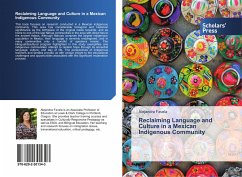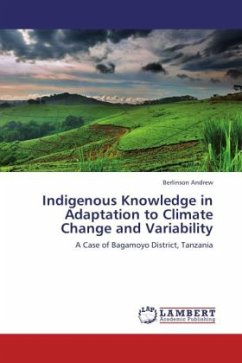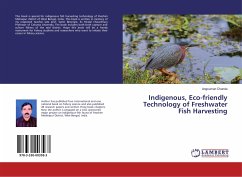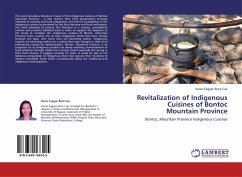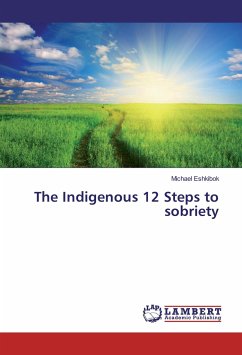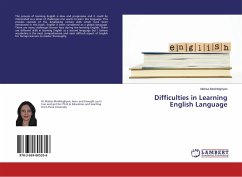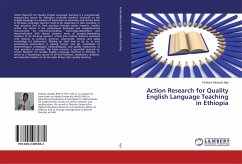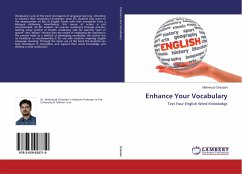This book focuses on research conducted in a Mexican indigenous community. This area has considerable biological and historical significance as the birthplace of the original maize teosintle, and as home to one of the last Nahua communities in the area with direct ties to the ancient Aztecs. Although Nahuas comprise the largest indigenous population in Mexico, their language is severely endangered, and in many communities only a handful of speakers remain. The bilingual/bicultural program highlighted in this study exemplifies one indigenous communities' attempt to reclaim hope through its ancestral language, culture, and way of life. The perspectives of indigenous teachers and families provide us with unique insight to the educational challenges and opportunities associated with this significant reclamation process.
Bitte wählen Sie Ihr Anliegen aus.
Rechnungen
Retourenschein anfordern
Bestellstatus
Storno

